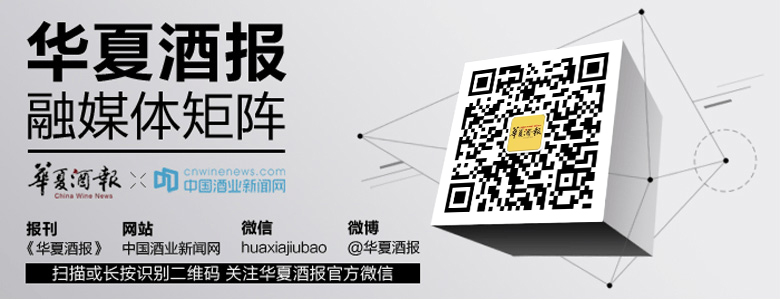The former Australian Ambassador to China, Dr Geoff Raby, has told an event that China may lift its tariffs on Australian wine in the first half of the year, saying that the two countries were “on the right track”. But how likely is it?
Raby was Australia’s Ambassador to China from 2007-11, having also served as the ambassador and permanent representative to the WTO (1998-2001) and deputy secretary in the Department of Foreign Affairs and Trade (DFAT) from 2002-2006. He now runs a Beijing-based business firm advising Australian and Chinese businesses and is a known commentator on relations between the two countries, and critical of the Morrison government’s stance on China. He was speaking at an event organised by the China Australia Chamber of Commerce and sponsored by Australian wine exporter Auswan, according to Hong Kong based publication Vino Joy News.
Although Raby said that China could lift its punitive tariffs on Australian wine before the end of June, he never-the-less cautioned that the resumption of tariff-free wine trade under the previous Free Trade Agreement was also dependant on an ongoing WTO dispute between the two countries.
The WTO dispute was raised by Australia in June 2021, and an arbitration panel assembled in March 2022, however the panel does not expect to issue its final report before mid-2023.
The hope springs from an apparent thawing of relations between the two nations. In November, Australian prime minister Anthony Albanese met Chinese president Xi Jinping – the first time that leaders from the two countries have met in six years – sparking hope that the resumption of normal relations could lead to China dropping its punitive tariffs on Australian wine. More recently, China’s lifted an unofficial ban on Australian coal in January, and its bans on timber and beef imports from Australia are due to be relaxation soon.
Australian Grape & Wine CEO Lee Mclean told the publication he was optimistic about the progress of the talks between the two countries although he refused to put a time-frame on the re-opening of the market.
“The recent meetings between Australian and Chinese political leaders clearly indicate the bilateral relationship is on a positive trajectory,” McLean was reported as saying. “We hope the improved bilateral relationship can present the right conditions for ongoing dialogue and the removal of the import duties on Australian wines exported to China.”
A spokesperson for the Department of Foreign Affairs and Trade was also reported as saying that the Australian Government continued to “challenge the duties imposed by China on Australian barley and wine at the WTO, while pursuing dialogue to resolve all remaining trade impediments consistent with our national interest.”
Meanwhile Wine Australia said it was important for Australian wine producers to “remain realistic”, and last month Treasury Wine Estates CEO Tim Ford said he was not banking on the removal of sky-high tariffs any time soon, and the company was “working under the assumption that China will remain closed”.
“There’s no change at the moment and that’s very important to note,” he told investors.
China’s trade tariffs on wine originally came into effect in November 2020, imposing a charge of 107.1 – 212.1% on wine exports initially (the rates varied by company), which subsequently rose to 116.2 – 218.4% in March 2021. The punitive export sanctions contributed to wiping AUD$2.08 billion off the value of Australian wine exports in the year to 30 June 2022.

